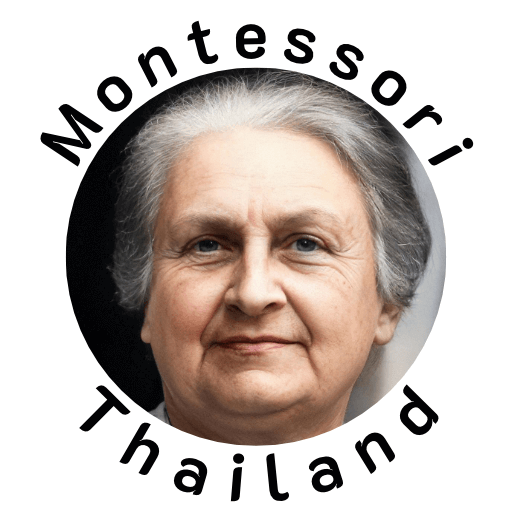Montessori in Thailand:
Ban Muang Chum School
Thailand | T. Mae Taeng, A. Mae Taeng, C. Chiang Mai | 2010 | บ้านเมืองชุม
https://montessori-international.com/s/muangchum/
Heart of Chiang Mai
Introduction
Nestled amidst the serene landscapes of Thailand, the Ban Muang Chum School stands as a beacon of progressive education with its Montessori-inspired approach. Situated in the district of Mae Taeng, Chiang Mai province, this remarkable educational institution is dedicated to fostering the holistic development of children through a unique blend of academic excellence and experiential learning. In this article, we will delve into the core principles of Montessori education, explore the offerings of Ban Muang Chum School, and discover why it has become a cherished gem in the realm of education in Thailand.
Montessori Education: A Time-Tested Philosophy
Montessori in Thailand: Ban Muang Chum School wholeheartedly embraces the Montessori philosophy, which was founded by Dr. Maria Montessori, the first female physician in Italy. The foundation of this educational approach is based on the belief that each child is born with inherent potential, and it is the responsibility of educators to nurture and guide them in their individual journeys of learning and self-discovery.
In a Montessori environment, children are encouraged to learn at their own pace, making choices from a range of specially designed educational materials that cater to their developmental needs. The curriculum is interdisciplinary, promoting a holistic understanding of subjects, rather than compartmentalized learning. This freedom of exploration fosters a sense of independence, curiosity, and a lifelong love for learning.
The Montessori Classroom at Ban Muang Chum School
At Montessori in Thailand: Ban Muang Chum School, the classrooms are thoughtfully prepared to create a warm and nurturing environment that encourages self-directed learning. The mixed-age groupings foster a sense of community, where younger children learn from older ones, and older children reinforce their knowledge by guiding their juniors. This collaborative approach not only enhances academic understanding but also instills essential social skills such as empathy, leadership, and cooperation.
The Montessori materials in the classrooms are meticulously arranged to cater to the various stages of development. From sensorial materials that refine the senses to math materials that lay the foundation of numerical concepts, each material serves a specific purpose in the child’s cognitive development. These hands-on materials promote active learning and allow children to grasp abstract concepts through concrete experiences.
Highly Trained Montessori Educators
Central to the success of Montessori in Thailand: Ban Muang Chum School is its team of highly trained and passionate Montessori educators. These educators undergo specialized Montessori training, equipping them with a deep understanding of child development and the Montessori philosophy. They act as guides, observing each child’s progress and tailoring their approach to suit individual learning styles.
In the Montessori classroom, educators practice the art of “sensitive observation,” where they keenly observe the child’s interests and aptitudes. Based on these observations, they introduce new materials and activities, providing the child with opportunities for intellectual, emotional, and physical growth. The goal is to create a harmonious learning environment that sparks the child’s innate curiosity and fosters a lifelong love for learning.
Embracing Nature: Learning Beyond the Classroom
One of the unique aspects of Montessori in Thailand: Ban Muang Chum School is its close connection with nature. The school’s picturesque location amid the lush greenery of Mae Taeng allows children to explore the wonders of the natural world firsthand. Regular nature walks and outdoor activities are integrated into the curriculum, promoting environmental awareness and a deep appreciation for the earth’s beauty.
Through outdoor experiences, children learn to respect nature and develop a sense of stewardship for the environment. These experiences also offer valuable lessons in adaptability and problem-solving as they navigate the challenges presented by the natural world.
Nurturing Cultural Understanding
Cultural diversity is celebrated at **Montessori in Thailand
